{{phone.Value}}
successful admissions
of students enter the university of their choice
students consult Education Index when applying for universites
successful admissions
of students enter the university of their choice
students consult Education Index when applying for universites
| Study mode | Start date | Duration | Fee international | Fee UK/ EU | Fee study period | Year of study |
|---|---|---|---|---|---|---|
| Full-time | Sep | years: 1 | £14800 | £7300 | Academic year | 2017 - 2018 |
This MSc programme combines investment in engineering with existing and substantial expertise across the Faculty of Science in the fields of applied mathematics, energy resources, environmental management and electronic engineering.
You’ll be taught fundamental Energy and Electrical Engineering principles alongside specific modules in Wind, Oil and Gas energy. You’ll also complete a Masters-level dissertation on a subject of your choice.The programme has been developed in partnership with industry and employers through close collaboration with the East of England Energy Group (EEEGR), aiming to address the national and regional shortage of high-calibre qualified graduates in the field of Energy Engineering.




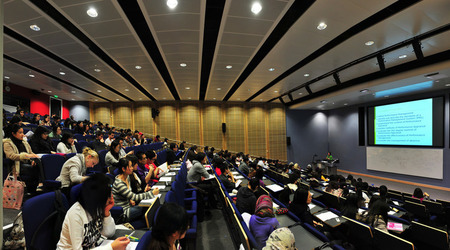
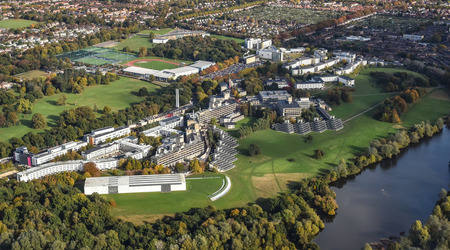
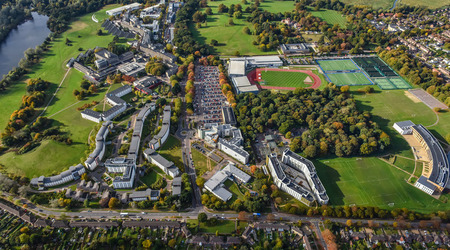
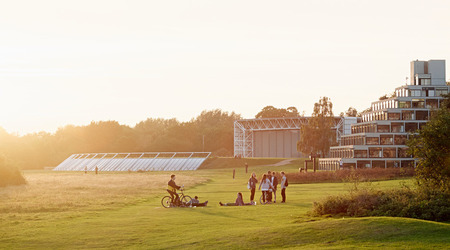
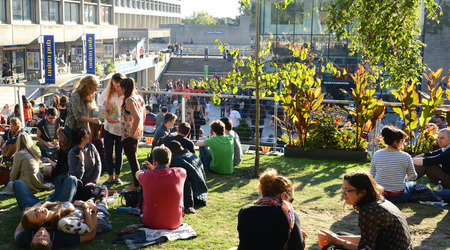
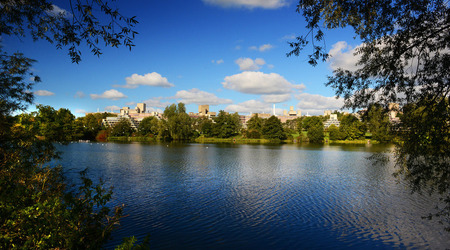






The University of East Anglia is based in the vibrant city of Norwich, located in the east of England. The city is less than two hours by train from London and is a unique blend of historic English architecture and modern design, which creates a dynamic and unforgettable atmosphere.
Norwich is home to eight theatres, five museums, four cinemas, two cathedrals, four music venues and a castle. There are 300 pubs, restaurants and bars,1500 historic buildings as well as modern developments such as The Forum, which is the home of the regional BBC studio and the award-winning Millennium Library.
As a base for exploring Britain, Norwich is just a short journey from Cambridge and other key cities with coaches and trains conveniently connecting you with the rest of the UK. International students are also able to take advantage of Norwich International Airport which is conveniently located 15 minutes from campus.